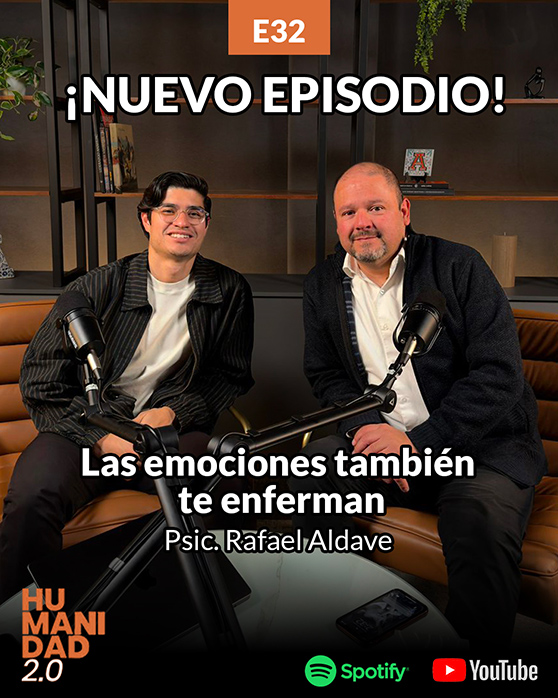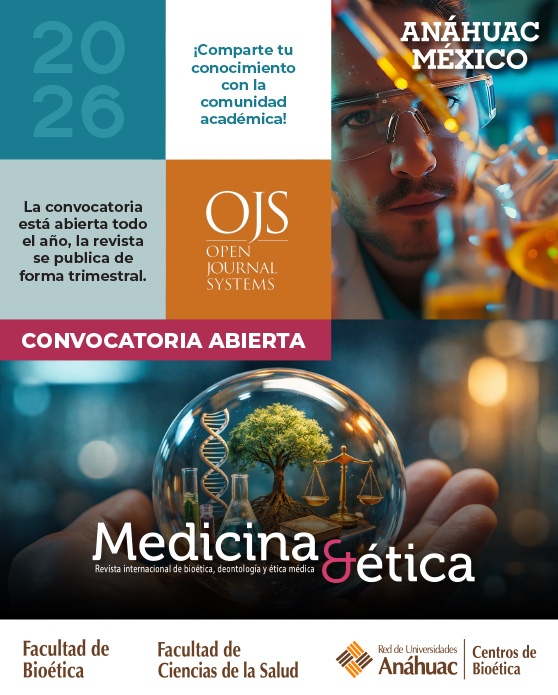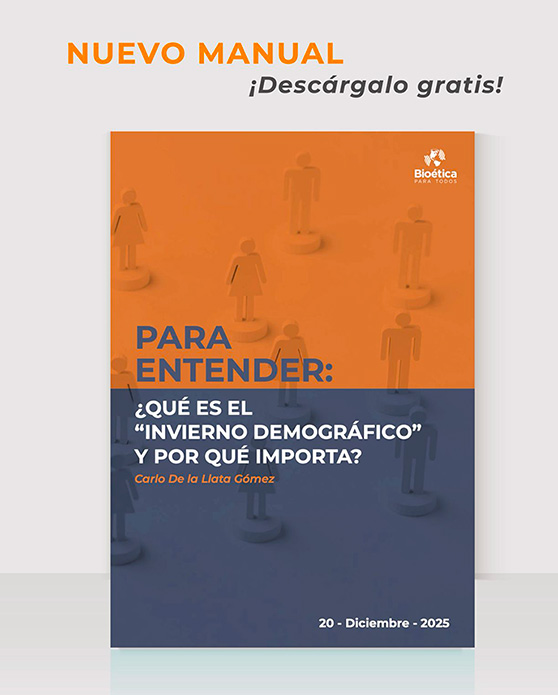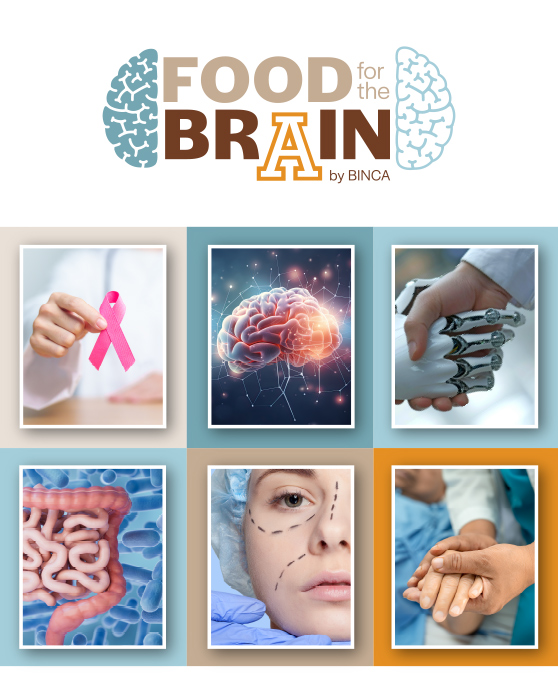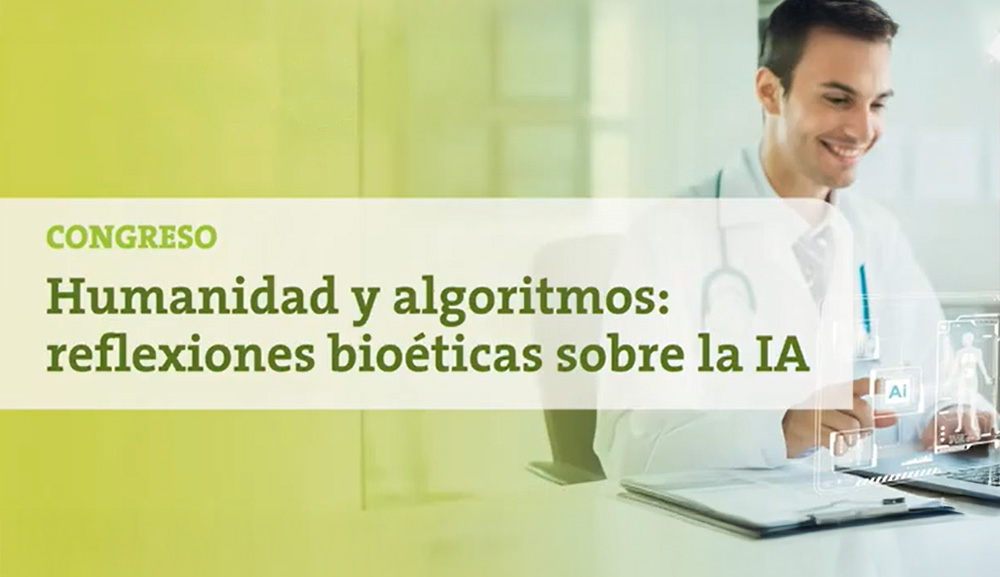
The conference "Humanity and Algorithms," organized by the Bioethics Observatory, addressed the ethical, regulatory, and anthropological challenges posed by artificial intelligence in medicine and society.
On July 10th, the Universidad Católica de Valencia San Vicente Mártir became a meeting point for jurists, philosophers, doctors, and engineers gathered by the Bioethics Observatory for the congress "Humanity and Algorithms: Bioethical Reflections on AI." Throughout the day, the program alternated between keynote lectures and roundtable discussions to review, with an academic and regulatory lens, the tensions between algorithmic innovation and respect for human dignity.
After the institutional greeting from Rector José Manuel Pagán, philosopher Adela Cortina opened the debate with the lecture "Ethical Framework for Trustworthy AI." Cortina argued that intelligent systems deserve the label of "trustworthy" only when they incorporate effective mechanisms of algorithmic justice, accountability, and deliberative participation. She insisted that technological neutrality is a myth: algorithms amplify latent biases if developers do not act with corrective purpose and transparency toward the end-user. Her thesis set the tone for a congress determined to place ethics in the design phase, not in the post-implementation of AI.
The first roundtable discussed algorithmic governance from the perspectives of law and engineering. Professor Enrique Estellés explained why publishing source code is insufficient: what matters, he said, is functional transparency that identifies critical variables, optimization goals, and usage limits. Jurist Ricard Martínez linked this demand to the imminent enforcement of the European AI Regulation and the future European Health Data Space, regulations that will require ex ante certifications for systems operating in biomedicine. From clinical bioethics, Federico de Montalvo reminded the audience that the mere presence of AI in consultations can generate placebo or nocebo effects and called for "augmented" informed consent, adapted to each patient's digital literacy.
From an anthropological perspective, José Justo Megías emphasized that algorithms, as instruments, lack intrinsic dignity, but they can undermine it if they erode autonomy or equality. Rafael Amo added an epistemological warning: medicine based on statistical correlations cannot be confused with justified causal knowledge. Luis Echarte closed the roundtable, warning against a "techno-autonomism" that delegates complex decisions to opaque systems, diluting the healthcare professional's moral responsibility.
From a cultural angle, Andrea Ciucci, from the Vatican's RenAIssance Foundation, depicted AI as "a mirror of our collective expectations" and proposed three discernment filters: responsible creativity, strengthening community bonds, and realistic hope that avoids both techno-utopianism and techno-apocalypse. Her intervention reminded the audience that the discussion of algorithms is not only technical or legal, but also narrative and symbolic.
The closing remarks were given by jurists Vicente Bellver and Alfonso Ballesteros, who agreed on the need to subject automated decision-making systems to the classical principles of the rule of law—publicity, non-retroactivity, and proportionality—and to enable appeal routes when algorithms affect fundamental rights. This idea concluded the day, which, rather than answering definitive questions, outlined a roadmap: incorporate ethics into the development of AI, require independent audits before clinical deployment, and maintain democratic control over the "black box" of complex models. The Bioethics Observatory announced the upcoming publication of a white paper with the conclusions and recommendations arising from the congress.
Access all congress videos on YouTube.
More information:
Centro Anáhuac de Desarrollo Estratégico en Bioética (CADEBI)
Dr. Alejandro Sánchez Guerrero
alejandro.sanchezg@anahuac.mx

